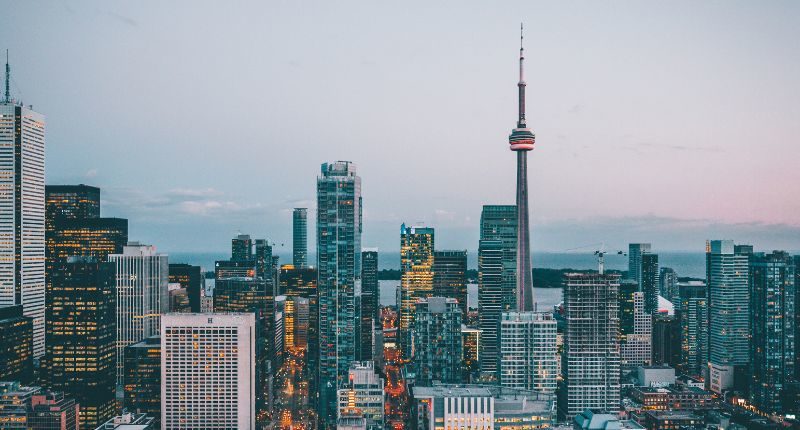- Canada saw average house prices rise above $880K during the pandemic
- The ban applies to most residential properties, with some small towns excluded
- Such a ban should not be implemented in Australia, warns a buyers agent
Last year, Canadian Prime Minister Justin Trudeau announced that as of 1 January 2023, foreign buyers will be barred from buying residential properties in the country.
This ban is temporary; it is set to expire in two years’ time.
It comes as Canada also experienced a surge in property prices during the pandemic, with average home prices exceeding CAD$816,720 (AUD$882,467). Cities like Toronto and Vancouver are similar to Melbourne and Sydney in terms of being highly liveable yet very expensive cities to live in.
The housing market became so competitive, buyers submitted purchase agreements with very few terms and conditions, resulting in risky acquisitions. Although prices have declined, affordability remains a concern due to interest rates.
What properties are included in the Canadian ban?
The legislation titled the Prohibition on the Purchase of Residential Property by Non-Canadians Act, specifically bans foreign buyers from purchasing a residential property, which includes detached homes, semi-detached homes such as units, rowhouse units, condominium units, and similar properties.
However, the law is only applicable to properties in a census metropolitan area or census agglomeration. A census metropolitan area has a population of at least 100,000, with at least 50,000 living in the core. For a census agglomeration, this is a population of 10,000.
So, municipalities with a population of less than 10,000, along with recreational properties and later buildings with multiple units are not subject to the ban.
While non-Canadians are banned, those who have temporary work permits, are refugee claimants and some international students are still allowed to purchase.
The ban comes despite Canada aiming for 1.5 million new immigrants by 2025, including an intake of 500,000 in 2025. To put this into perspective, the Australian government has increased the annual migration cap from 160,000 to 195,000.
Should this foreign buyer ban be implemented in Australia?
Given Australia is facing a similar housing crisis, is this something that should occur here?
Arjun Paliwal, the founder and head of research at InvestorKit, strongly disagrees.
“Australia following along with other countries on a ban for foreign buyers of property would be a decision that is misguided and one that would not make any meaningful difference to housing affordability,” he said.
Mr Paliwal noted that foreign investment in Australia is transparent, especially given the Register of residential land for foreign owners.
“Analysing the data from this, from 1 July 2020 to 30 June 2021, 5,310 residential real estate purchase transactions had a level of foreign ownership, with a total value of $4.2 billion,” he explained.
“CoreLogic estimated that more than 550,000 properties were sold during that period. This equates to circa 1 per cent of the total transacted stock. Clearly, many are misled by the volume of transactions by foreigners.”
Arjun Paliwal, InvestorKit

Mr Paliwal added that new dwellings represented 68.6% of purchase transactions, followed by 18% for vacant land and 13.4% for established dwellings in 2020-21.
“This means foreign buyers are supporting housing supply creation as only 13.4 per cent of a very small base of transactions go on to compete in the established market,” he said.
“In Australia, we already make foreign buying of property difficult through regulations and expensive through surcharges and taxes. Adding a ban would do little to nothing for greater housing affordability.”
Late last year, Peter Gavalas noted that many overseas buyers were shocked by the cost of purchasing a home in Australia, even in relatively affordable WA.
In Perth, where employers are screaming for workers, foreign buyers are required to pay 7% more in stamp duty than local buyers as well as pay a $13,200 Foreign Investment Review Board transaction fee. He argued that this measure turns off workers, and adds further pressure to the rental market.
“The easier we make it for overseas workers to move to WA, buy a home and invest in our state, the more people we’ll attract, which is crucial when every part of our economy is so desperate for workers,” he said.








